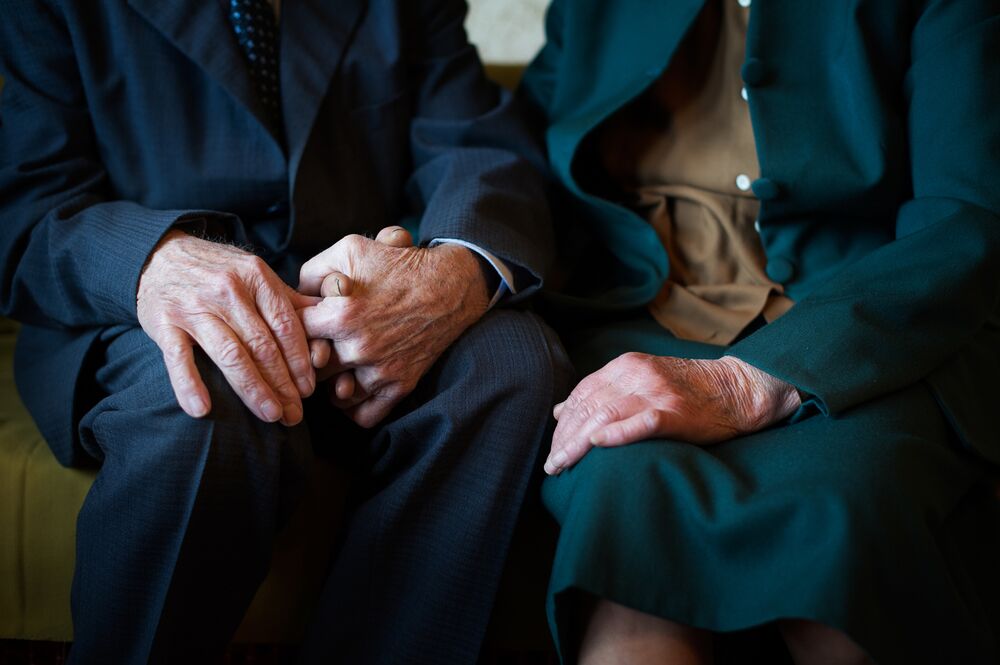Canada officially legalized assisted suicide last summer, but not everyone was happy about it. While some praised the decision, others rightly pointed out that legalizing assisted suicide leads to the most vulnerable people in society — the poor, the ill, the elderly, the disabled, the mentally ill — being targeted for euthanasia.
One 81-year-old grandmother, feeling the fear created by the recent legalization, just underwent drastic measures to ensure that she is never a victim of euthanasia: she had it tattooed on her arm.
Christine Nagel lives in Calgary, and strongly opposed Bill C-14 — the law that made assisted suicide legal. Nagel is a devout Christian who spends time volunteering with hospice patients and people receiving palliative care, and she worried that she might one day be euthanized without her consent. She heard of a Dutch bishop who recommended his parishioners carry a card in their wallets regarding their wishes to avoid euthanasia, but Nagel was worried the card could get lost. So she walked into a tattoo parlor and had “Don’t euthanize me” tattooed directly on her skin.
Nagel’s children say they respect her wishes. “She doesn’t want to be thrown away,” her daughter explained.
“All these old people are darned expensive to look after. And they’re cranky. And they’re messy. And you can’t help thinking, ‘This would be a really good solution,'” Nagel said. When it comes to the elderly, it’s easy for them to be pressured into euthanasia; they worry that they are a burden on their family members, that their illnesses will be too hard for their loved ones to endure, that it will be easier for everyone if they just go through with assisted suicide. Some laws allow insurance companies to only approve suicide drugs, while they reject actual treatment, leaving people destitute or without real options. People facing terminal illness also frequently struggle with depression, and if the depression is treated, then the desire for assisted suicide often goes away.
Worryingly, in Canada, a formal study is beginning to consider allowing “requests made by individuals with mental illness as their sole underlying condition.” Nagel has taken steps to protect herself, but there are millions more vulnerable people in Canada, Europe, and the United States who are in danger of being unjustly euthanized in the transparently misleading name of “dying with dignity.” We see this frequently in Europe, where people are euthanized for being autistic, victims of sexual abuse, anorexic, transgender, or even merely depressed and lonely.
Assisted suicide is never about helping the terminally ill end their suffering. It’s about killing the vulnerable, plain and simple. And it must be stopped.







